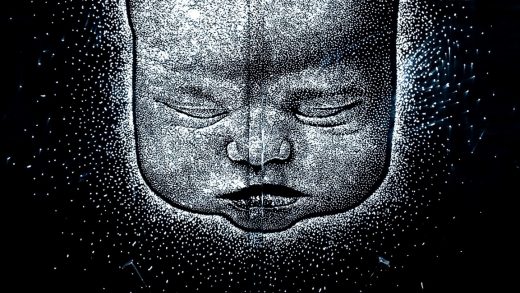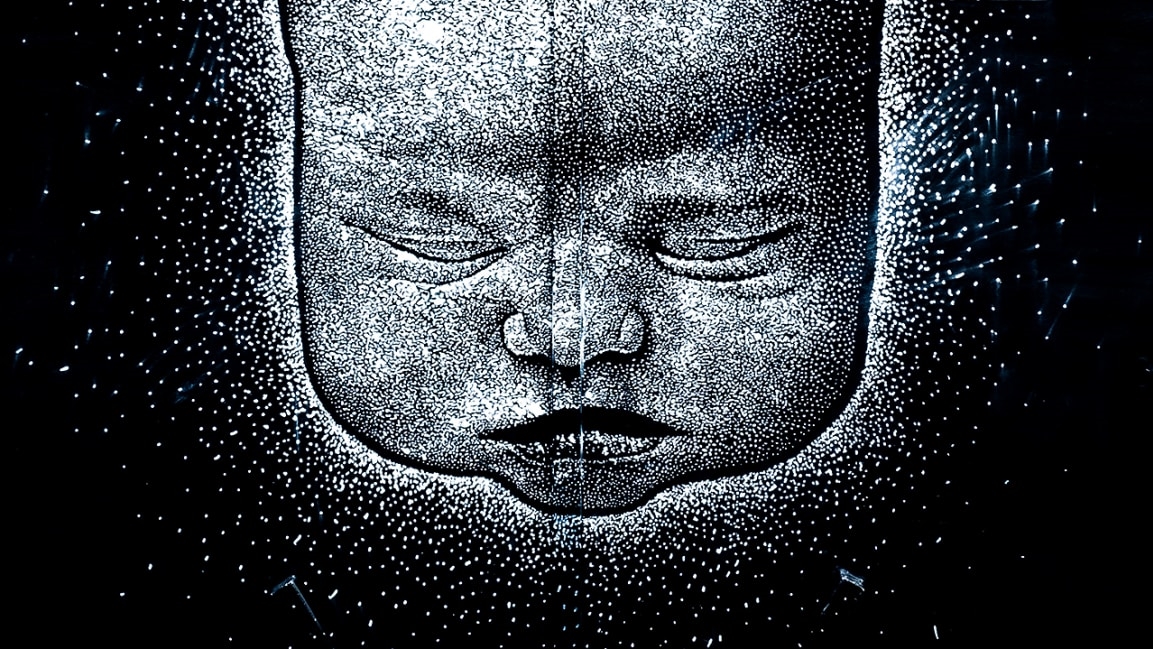Chinese scientist who genetically edited babies is sentenced to 3 years in prison
When Chinese scientist He Jiankui used CRISPR gene-editing technology to create the world’s first genetically altered babies in 2018, his science-fiction-like accomplishment was met with wide criticism and ethics investigations. Now, a court in China has sentenced He to three years in prison, according to Xinhua, China’s state-run press agency, for “illegal medical practices.”
The court in China’s southern city of Shenzhen says that He’s team, which included colleagues Zhang Renli and Qin Jinzhou from two medical institutes in Guangdong Province, falsified ethical approval documents and violated China’s “regulations and ethical principles” with their gene-editing work. Zhang was sentenced to two years in jail, and Qin to 18 months with a two-year reprieve, according to Xinhau.
He was an associate professor at Southern University of Science and Technology in Shenzhen in November 2018 when he says he used gene-editing technology to alter the genes of two twin baby girls to prevent them from being able to contract the AIDS virus. According to China’s state media, He’s work, in which his team implanted genetically engineered embryos into the females of eight volunteer couples, resulted in a third previously undisclosed genetically edited baby as well. Immediately, He’s announcement faced a backlash, including critiques that He and U.S. professor Michael Deem started their work before disclosing to the involved couples exactly what they were doing. (Deem was He’s adviser at Rice University and reportedly traveled to China for the work because this kind of work is currently banned in the United States.)
“The three accused did not have the proper certification to practice medicine, and in seeking fame and wealth, deliberately violated national regulations in scientific research and medical treatment,” the Shenzhen court said in its verdict, per Reuters. “They have crossed the bottom line of ethics in scientific research and medical ethics.”
(18)



